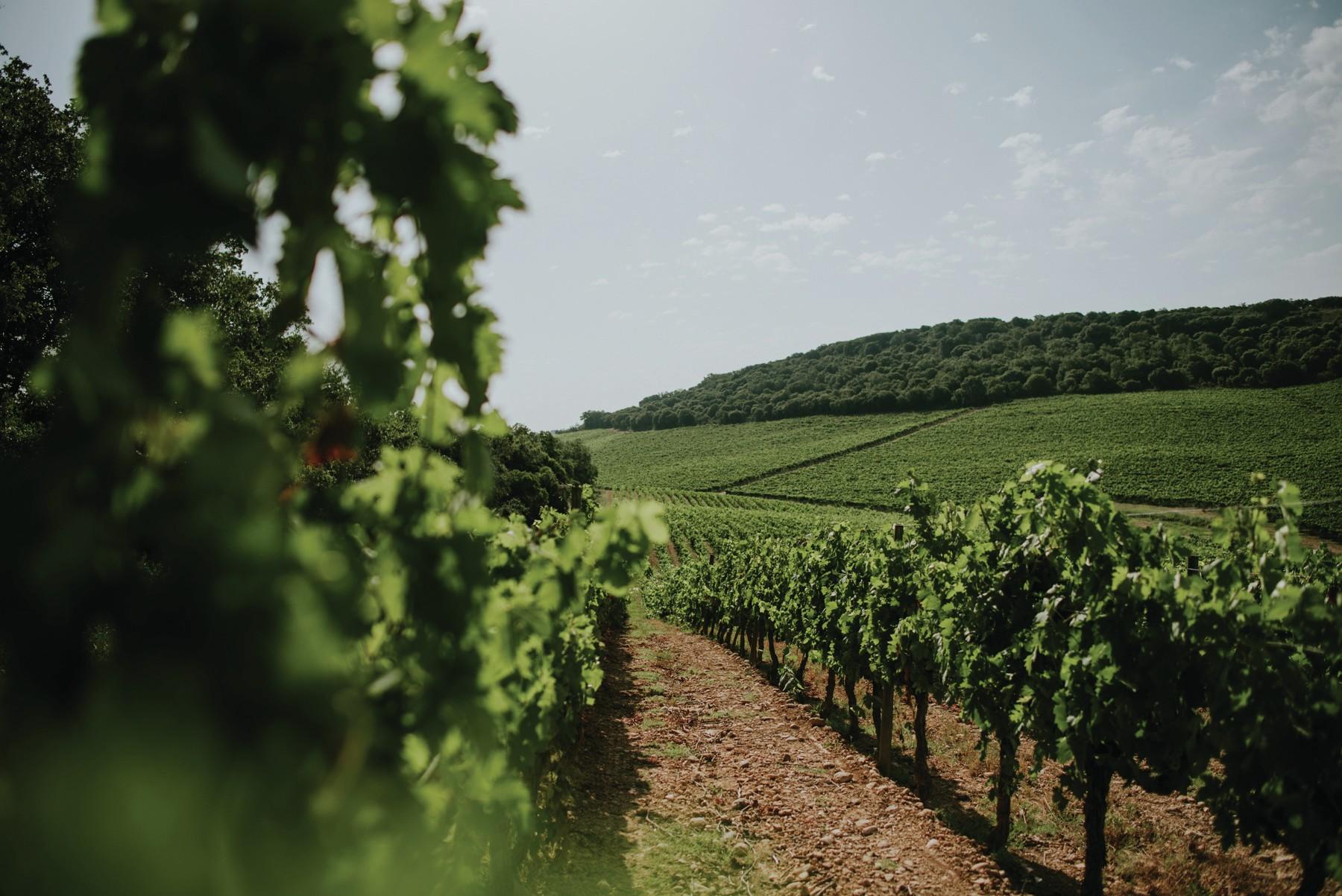Vijay Mallya: The rise and fall of ‘the king of good times’
Vijay Mallya has never led the quiet life. The 62-year-old, who faces extradition from Britain to India to face charges of fraud and money laundering, inherited his business empire when his father died suddenly in 1983. Since then he has always been in the limelight, known for his flamboyance and ostentation.
Mallya was the only child of the successful but frugal drinks entrepreneur Vittal Mallya. While his father lived in Bangalore running his breweries, Vijay was brought up by his mother in Kolkata. But he was under constant pressure from his father who threatened that he would not inherit the family business and fortune unless he conformed and studied hard.
Reports say this paternal pressure created insecurity for the son, who from a young age was a spendthrift. But Vittal died suddenly and as his only child Vijay inherited everything.
He immediately embarked on a business career that transformed what became UB Group into a multinational conglomerate that held more than 50% of the Indian beer market and was the biggest player in local production of spirits through United Spirits.
One of his first targets was Shaw Wallace, then a larger and better regarded company whose key brand was Royal Challenge whiskey. But to circumvent local drinks ownership laws, Mallya needed a foreign front man and so linked with Gulf-based Manu Chabaria.
They won the company but Chabaria pulled a fast one, taking over Shaw Wallace in its entirety by himself because Mallya’s name appeared nowhere in the formal documents.
In 1991, however, India’s liquor laws were relaxed and Mallya made the most of them, expanding rapidly. When he inherited the group, his companies sold just 2.5m cases a year yet by 1995 his drinks empire was the world’s tenth largest and by 2001 he was selling 26m cases. And when Chabaria died, Shaw Wallace at last fell into Mallya’s empire.
Seemingly Mallya had the golden touch. As the new millennium dawned the Kingfisher beer brand had become global and Mallya himself had embarked on a programme of self-promotion that saw him claim to be the “King of the good times”.
He became the owner of Royal Challengers Bangalore, the Indian Premier League cricket franchise, and the principal backer of the Force India Formula 1 grand prix racing team. He travelled by private jet, owned a luxury yacht, amassed a fleet of iconic vintage cars and lived in sumptuous properties around the world. He was constantly in the company of Bollywood stars.
All that has gone.
HIs nemesis was Kingfisher Airlines, which Mallya launched in 2005 as a “five star hotel in the air” but seeking to emulate the low-cost successes of Ryanair and easyJet in Europe.
As soon as the global recession hit in 2007/8 his business model was in trouble. The cost of fuel soared, passenger numbers shrank and the airline, which never made a profit, collapsed into bankruptcy in 2012. Creditors demanded repayment by Mallya personally, aircraft were impounded and thousands of staff were left unpaid.
But before the airline failed Mallya had raised more than £1.15 billion in loans from a consortium of Indian banks.
The banks, and the Indian authorities, allege he fraudulently diverted the funds to overseas interests, including Force India, and never had any intention of repaying the debts. For his part Mallya has consistently denied any wrongdoing.
He has says the funds were loaned to Kingfisher, not him, and were intended to shore up the airline until conditions eased and it was able to trade successfully. He claims he was the victim of a genuine business collapse despite his best efforts to rescue it.
Partner Content
The allegations of fraud and money laundering took on a political hue when opposition parties claimed that Mallya’s position as member of India’s senate had been used to influence the state banks to grant the loans that under normal circumstances would never have been considered.
Mallya also sought to raise cash by selling assets. In a series of transactions Diageo took a 55% controlling stake in Mallya’s United Spirits but Mallya did not benefit personally as his shares had already been pledged as collateral to banks. But pro tem he remained chairman.
The relationship with Diageo soured quickly, however, and between them Diageo and United Spirits are seeking to reclaim some £250m from Mallya for accounting irregularities and breech of agreements.
But despite his protestations that he has sufficient assets easily to repay his debts, pressure mounted in India’s courts where he was declared a proclaimed offender and a fugitive economic offender. He has also been found guilty of contempt of India’s Supreme Court for failure to fully divulge assets.
On March 2, 2016 Mallya fled to Britain after, it is alleged, he had been tipped off that he was about to be arrested. He claims he left as part of a normal lifestyle and business pattern.
He was subsequently arrested by the Metropolitan Police on an international warrant and the hearings into India’s request for him to face charges of fraud and money laundering began in earnest December 2017. He has been on bail of £650,000 and has had to surrender his travel documents (India withdrew the diplomatic passport to which senators are entitled).
Separately India has imposed a worldwide freeze on Mallya’s assets, upheld by a separate English court. His personal plane was impounded and sold, as was his yacht and numerous Indian properties. Force India went into administration and Mallya lost his stake before it was rescued. He no longer has any influence at Royal Challengers Bangalore.
For almost a year Mallya has been living on a court-sanctioned £18,350 a week at his mansion in Tewin, Hertfordshire, which was bought from Formula 1 world champion Lewis Hamilton’s father.
For the moment, he will remain living there on bail and at his residence in Regent’s Park, London. If, as most observers expect, he lodges an appeal, his case will move up the English and Welsh legal system. Meanwhile, a suite in Mumbai’s Arthur Road gaol awaits him.
There is speculation in India, however, that if Mallya’s legal team can overturn or delay his extradition until after national elections next year, he may be able to avoid the ignominy of a trial.
Mallya has consistently alleged that he is the subject of a political witch-hunt by the government of Prime Minister Narendra Modi. A change of government could have significant implications for him.
But even so, will the “King of the Good Times” ever retake his throne? It seems unlikely.




